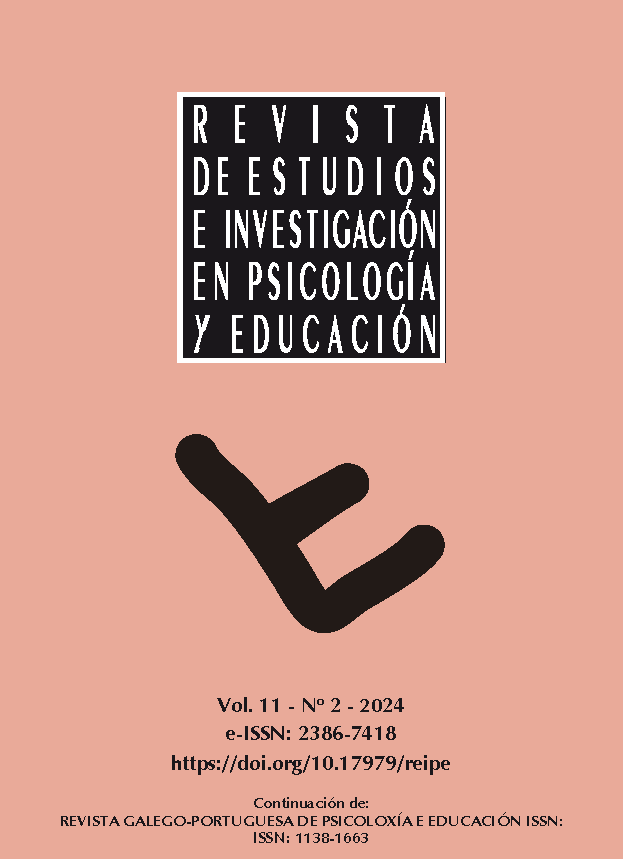Utilización de material cinematográfico como mejora educativa respecto las clases magistrales en entorno universitario
##plugins.themes.bootstrap3.article.main##
Resumen
En un curso universitario de psicología social (N = 146) en Cartagena de Indias (Colombia) se introdujo un enfoque didáctico utilizando material cinematográfico de alta calidad, concretamente 12 Angry Men (1957). El estudio pretendía determinar si el visionado de esta película clásica mejoraría los resultados académicos y la satisfacción de los estudiantes, y reduciría las tasas de abandono. Este objetivo se abordó mediante una comparación de clases naturales (dos aulas por semestre) a lo largo de un año y medio. Inicialmente, todo el alumnado realizó una evaluación de comprensión e interpretación de la película junto con una prueba de conocimientos (pre-test). En las aulas más pequeñas, se impartieron clases tradicionales (grupo de control), mientras que, en las aulas más grandes, el curso se impartió utilizando la película (grupo experimental). Al final de la intervención, se registraron las puntuaciones académicas y una encuesta de satisfacción de método mixto («post-test»). Los resultados de los tres semestres mostraron que el alumnado expuesto a la película: (1) presentaba menores tasas de abandono y (2) proporcionaba comentarios cualitativos más positivos. Además, obtenía mejores calificaciones académicas y mayores puntuaciones de satisfacción, aunque las diferencias no fueron estadísticamente significativas. A pesar de las limitaciones de los datos cuantitativos, los resultados apoyan el uso continuado de material fílmico de alta calidad en el ámbito universitario colombiano para ilustrar conceptos de psicología social.
Descargas
##plugins.themes.bootstrap3.article.details##

Esta obra está bajo una licencia internacional Creative Commons Atribución-CompartirIgual 4.0.
Los trabajos publicados en esta revista están bajo una licencia Creative Commons Reconocimiento-CompartirIgual 4.0 Internacional.
Los/as autores/as son los titulares de los derechos de explotación (copyright) de su trabajo, pero ceden el derecho de la primera publicación a la Revista de Estudios e Investigación en Psicología y Educación, la cual podrá publicar en cualquier lengua y soporte, divulgar y distribuir su contenido total o parcial por todos los medios tecnológicamente disponibles y a través de repositorios.
Se permite y anima a los/as autores/as a difundir los artículos aceptados para su publicación en los sitios web personales o institucionales, antes y después de su publicación, siempre que se indique claramente que el trabajo está en esta revista y se proporcionen los datos bibliográficos completos junto con el acceso al documento, preferiblemente mediante el DOI (en caso de que sea imprescindible utilizar un pdf, debe emplearse la versión final maquetada por la Revista). En el caso de artículos que provengan de estudios o proyectos financiados, esto se hará en los plazos y términos establecidos por la entidad o entidades financiadoras de la investigación publicada.



